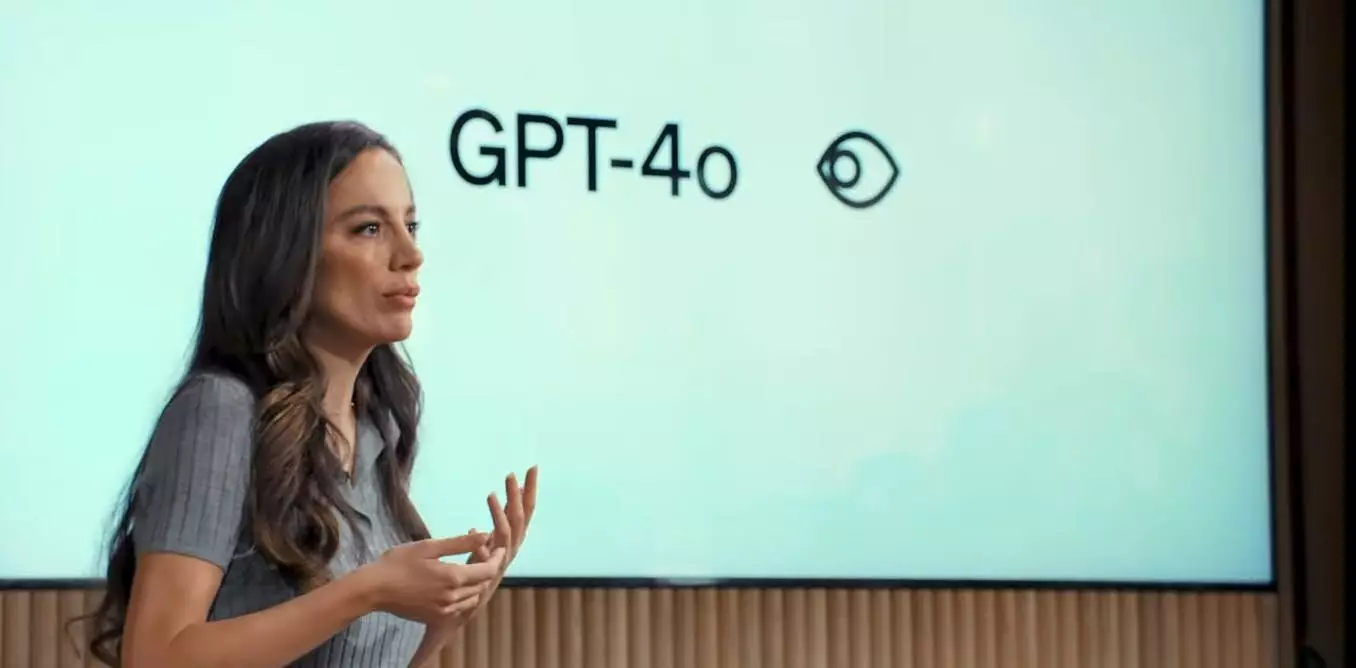OpenAI recently introduced GPT-4o, a new version of its artificial intelligence system powering the ChatGPT chatbot. This updated AI system is designed to engage in voice conversations with users in near real-time, showcasing a human-like personality and behavior. While the emphasis on personality and engagement is meant to enhance user experiences, it also raises significant ethical concerns.
In OpenAI’s demonstrations, GPT-4o demonstrates its ability to be friendly, empathetic, and engaging. The AI system can crack jokes, giggle, flirt, and even sing, creating a more interactive and enjoyable experience for users. However, the question of whether creating AI systems that simulate human emotions and behaviors is truly in the best interest of users remains unresolved.
Concerns and Comparisons
The unveiling of GPT-4o has sparked comparisons to the movie “Her” and its depiction of human-AI interactions. The film explores the risks of forming deep emotional attachments to AI companions with sophisticated personalities. As AI technology advances, the potential for over-reliance, manipulation, and emotional harm increases, underscoring the importance of ethical considerations in AI development.
While GPT-4o’s capabilities represent a significant advancement in AI technology, the implications for society are vast. As AI systems become more adept at mimicking human emotions and behaviors, the need for responsible deployment and ethical oversight becomes paramount. The risk of users becoming overly attached to charismatic AIs raises concerns about the impact on human well-being and the nature of human-AI relationships.
Multi-Modal Functionality
GPT-4o’s ability to work with text, images, audio, and video in real-time marks a significant step forward in AI development. By processing different types of data simultaneously, AI systems like GPT-4o and Google’s Project Astra are poised to achieve complex goals and understand the world more effectively. However, critics argue that advancements in text capabilities may not be as substantial as expected, leading to debates about the future pace of AI development.
Accessibility and Impact
One notable aspect of GPT-4o’s launch is its availability to all users in the free version of ChatGPT, with certain usage limits. This accessibility means millions of users worldwide now have access to a more powerful AI system, potentially influencing various sectors such as work and education. While some enthusiasts may have hoped for the immediate release of GPT-5, the focus on incorporating new features and capabilities in GPT-4o highlights the ongoing evolution of AI technology.
The introduction of OpenAI’s GPT-4o prompts important discussions about the ethical implications of creating AI systems that exhibit human-like behaviors. While advancements in AI technology hold great promise for improving user experiences and achieving complex goals, it is crucial to consider the potential risks and societal impact of developing AI systems with engaging personalities. As AI continues to evolve, careful consideration of ethical guidelines and responsible deployment practices will be essential in shaping the future of human-AI interactions.


Leave a Reply